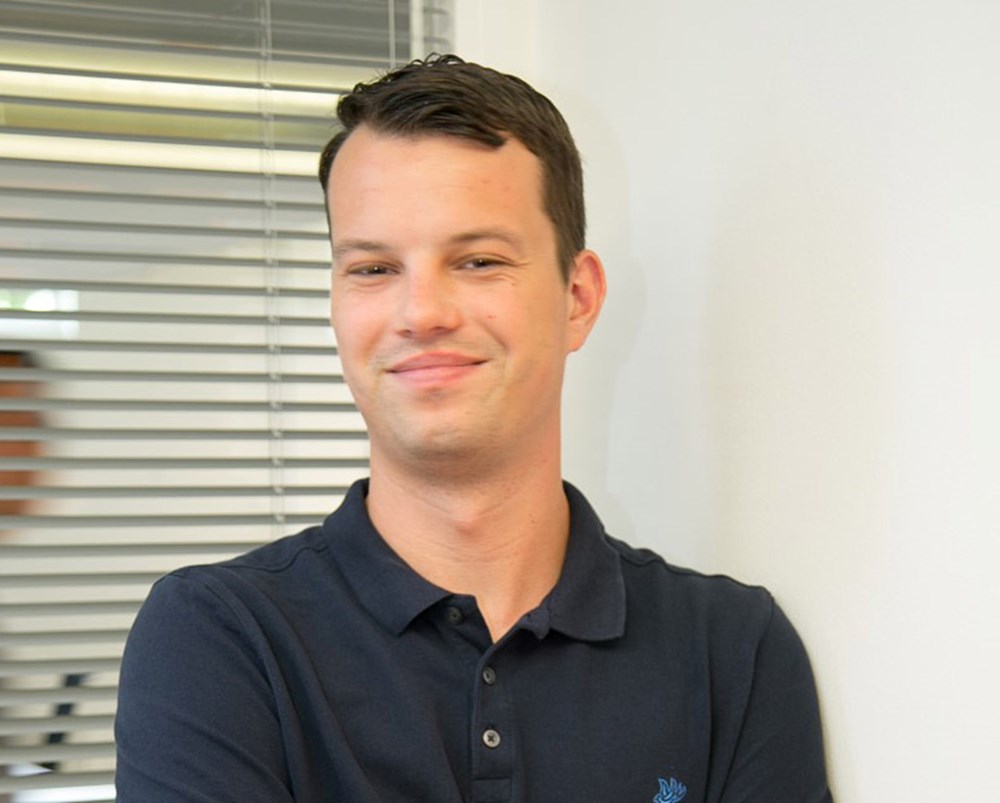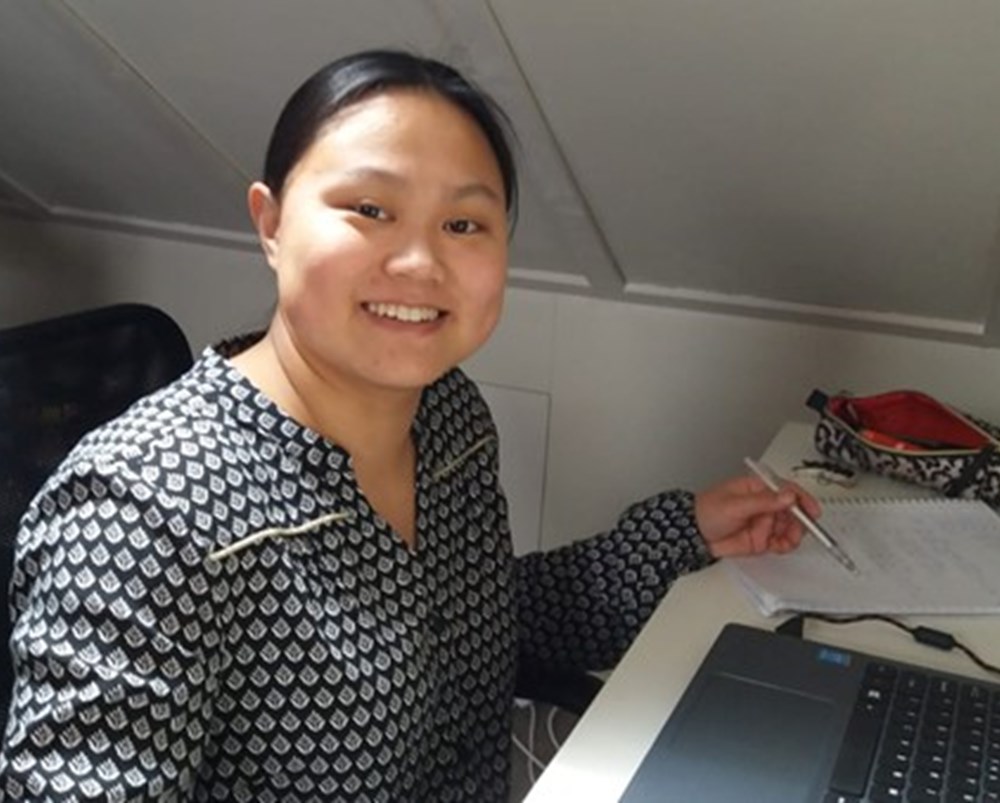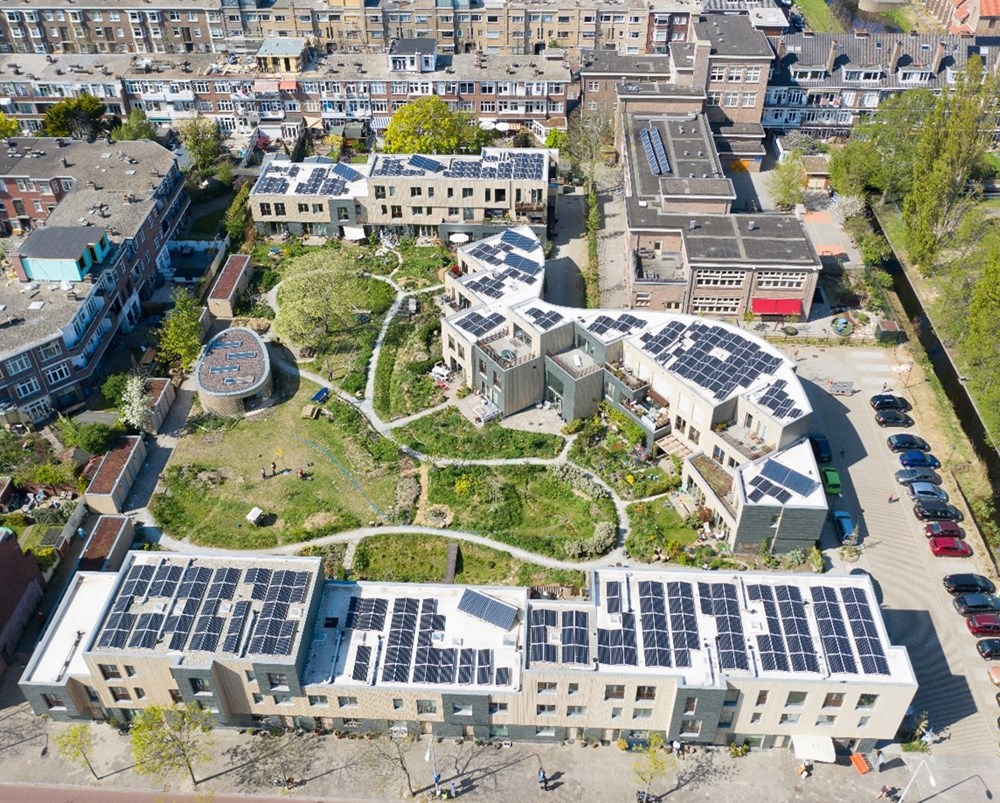Part-time jobs for international students
With a part-time job, you gain work experience while developing your skills and your personal competencies. In addition, you obtain a good picture of how things work in practice and build up your network. In short: a valuable addition to your CV!

Working as an international student in the Netherlands
Dutch universities and other institutes of higher education are renowned for their international approach and excellent educational quality. Which is why many international students choose to come to the Netherlands to enjoy the experience of studying abroad. But a student’s life – the educational as well as the social aspect – can be quite costly. It therefore makes a lot of sense to supplement your income by getting a part-time job! Apart from the financial boons, this is a great way to submerge yourself in Dutch culture.
In this article we’ll take you through the admin and the most important things you need to consider before you can put in your honest day’s work.
Regulations for students from within the EU, EEA, or Switzerland
In some cases, students are required to have a work permit, known in Dutch as a – get ready for this tongue twister – ‘tewerkstellingsvergunning’ (TWV). Whether your (future) employer will need to apply for one depends on your country of citizenship. Students from an EU or EEA country or Switzerland are not required to apply for a work – or residence – permit. There are, however, other regulations surrounding other areas that do apply. These areas are:
- Dutch basic health insurance
- Taxes
- BSN (citizen service number) Click here to read our article on the Dutch citizen service number and whether you need to apply for one.
Dutch basic health insurance
As soon as a student has found employment in the country and receives an income from this employment, he or she must have basic health insurance in the Netherlands too, known in Dutch as a ‘basiszorgverzekering’. In general, Dutch public healthcare works a treat but it could be more expensive than what you’re used to. This rule also applies to EU citizens who are covered by an EU health insurance card. The bottom line is that from the moment you are employed in the Netherlands, you need to take out Dutch public health insurance. As the costs of your insurance premium might be too significant a part of your monthly budget, the Dutch government provides a healthcare allowance for people with low incomes, known in Dutch as ‘zorgtoeslag’. Both the insurance and the allowance need to be arranged by the student. To find out how to apply for healthcare allowance click here.
Taxes
As a person earning an income in the Netherlands, you’re required to pay tax over your total Dutch income per year. You may, however, claim a tax refund. To find out more about paying taxes and possible refunds, click here.
Regulations for students from outside the EU, EEA, or Switzerland.
If your nationality is not associated with an EU, EEA country or Switzerland, there are certain permits that will need to be obtained. These are the following:
- A work permit (TWV) has to be applied for by your employer;
- A residence permit that covers the full duration of the work permit.
Aside from the permits, you as an international student might also need to consider that there’s an upper limit to how many hours you’re allowed to work. The maximum is either 16 hours a week or three months on a full-time basis in June, July, and August.
Please note that if the job involves voluntary work, no work permit is required regardless of country of nationality. However, the employer needs to be in possession of a voluntary declaration. If your type of employment requires a TWV and your employer is not in possession of one, they risk getting a €12,000 fine.
TWV application procedure
If you’re older than 18 and in search of employment in the Netherlands, your (future) employer can apply for a work permit free of charge. You do have to consider that the application procedure can take up to six weeks, so be sure to apply well in time. The work permit is valid for a maximum of one year, after which you can apply again. The second application procedure will take approximately the same time to process. The salary that you earn should be in conformity with the current market. You’re allowed to have multiple work permits but the worked hours shouldn’t exceed 16 per week. Working fewer hours is not a problem.
To initiate your TWV application procedure, you’re required to supply the following information:
- Official first name
- Sex
- Date of birth
- Nationality
- BSN (Dutch Citizen Service Number)
- V-number (unique registration number for IND)
- Study programme that you’re enrolled in
- Copy of valid residence permit and end date
- Copy of your passport
The company has to provide the following information:
- Basic company information
- Basic job information
- Start/end date TWV
Post-graduation orientation year for highly educated persons
After you’ve graduated from higher education in the Netherlands, you might be eligible to apply for an orientation year visa for highly educated persons. The following types of non-EU citizens are eligible to apply:
- International students who have successfully completed a bachelor’s or master’s programme at a Dutch institution of higher education;
- Highly educated persons from abroad who have successfully completed a master’s, post-doctoral or PhD programme at a designated international educational institution (visit the governmental website linked below for precise information of which institutions these are);
- Researchers who have actively participated in scientific research projects in the Netherlands.
An application can be made up to three years after one of the aforementioned grounds is completed. Click here to visit the government’s website to view terms and conditions and the application procedure for the orientation year visa.
Student finance (DUO)
The Dutch government offers students loans, student travel product and grants. To find out whether you meet the requirements to receive these, click here.
ISW
If you’re a bit overwhelmed by all of this information or need help with work permits and/or regulations, feel free to contact International Students Work (ISW). This start-up helps international students find a part-time job in Gelderland. Their goal is to create a lasting connection between locals and internationals through work. In collaboration with the HAN/International School of Business they also organise workshops to prepare students for the Dutch labour market.







